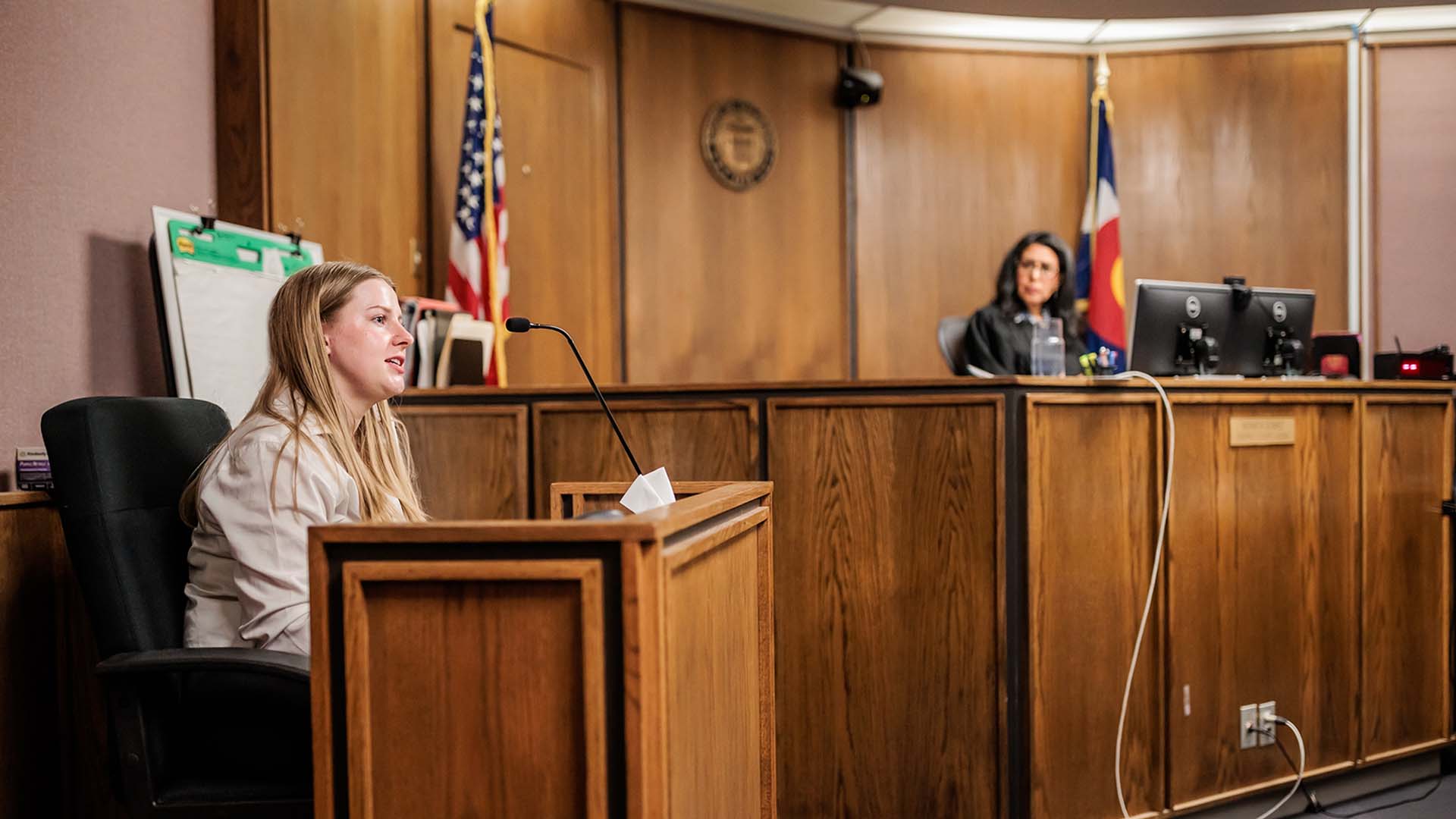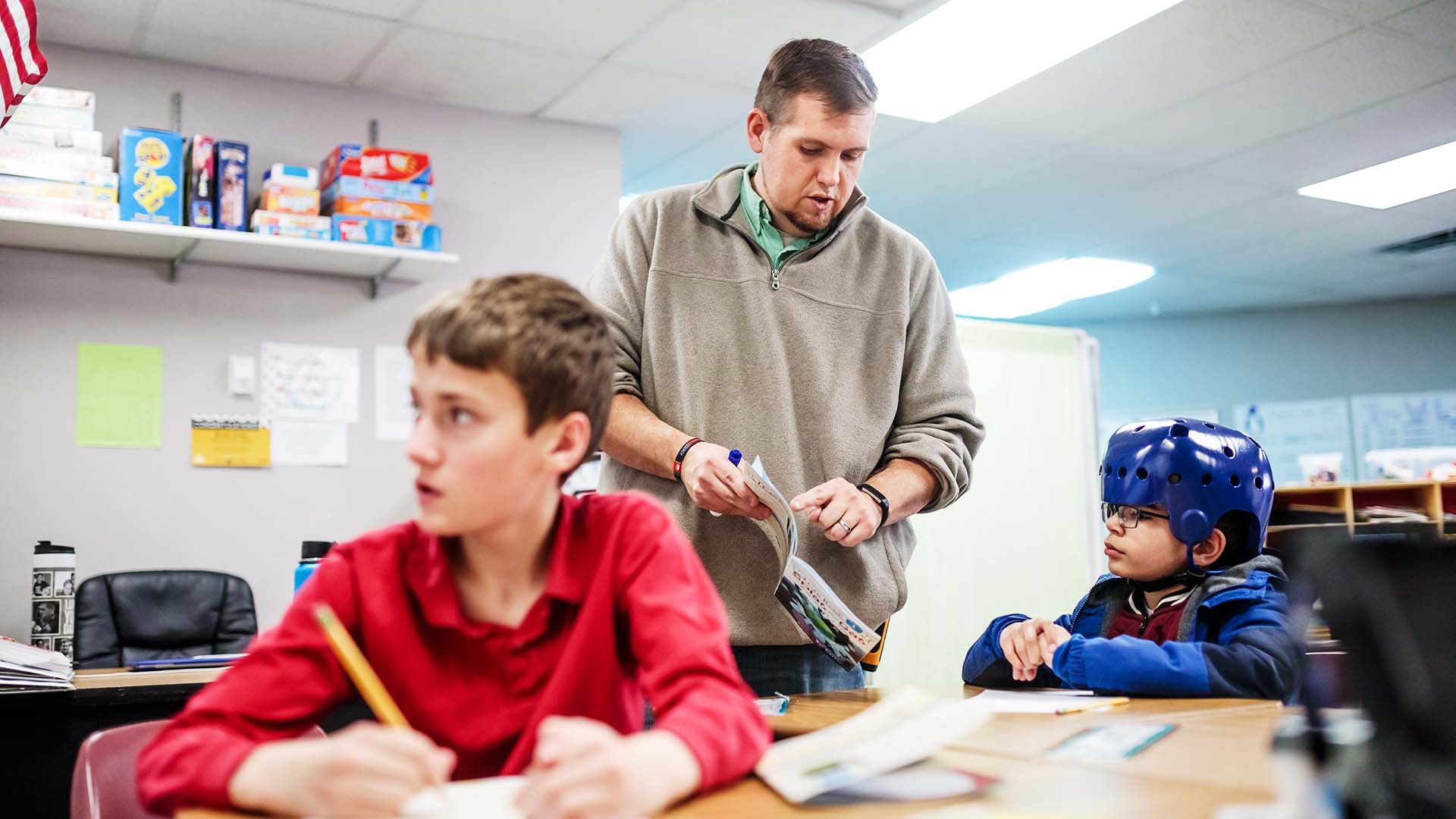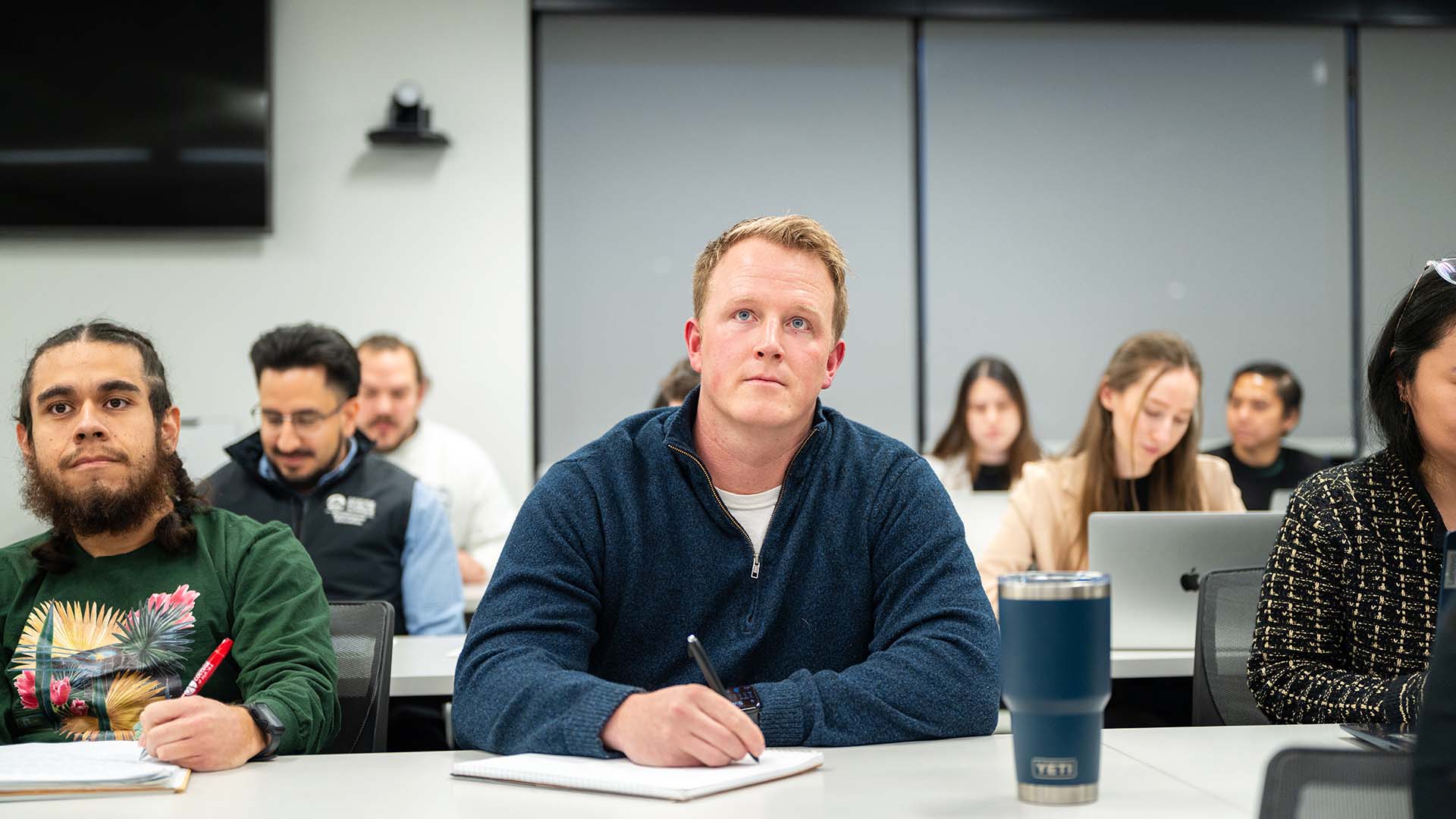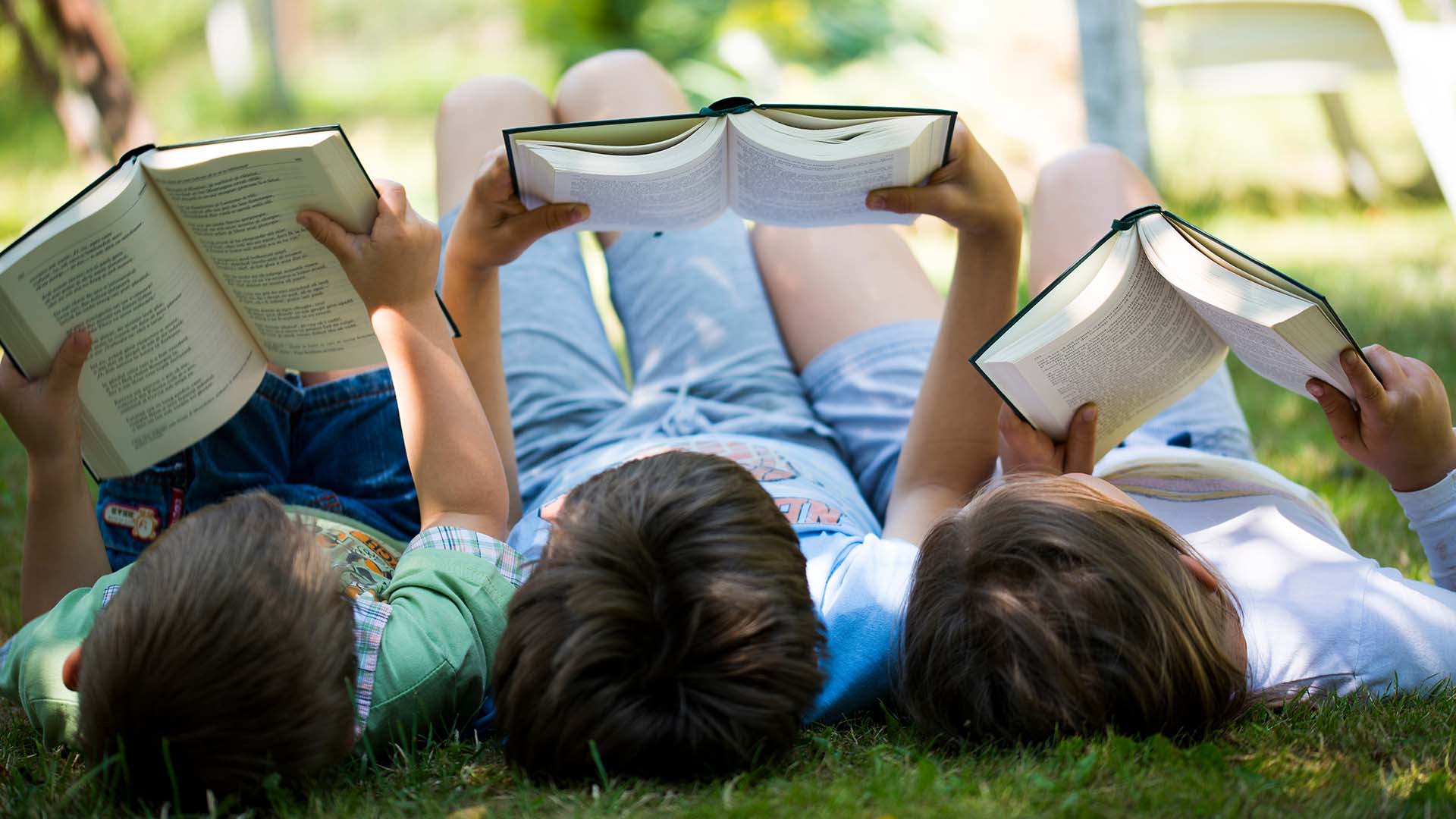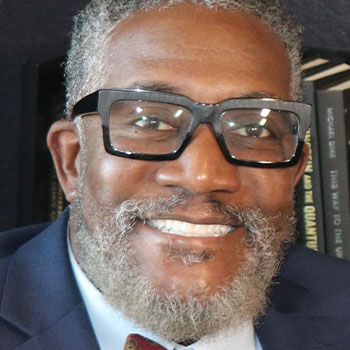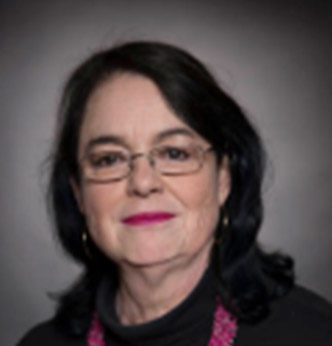Colorado students are struggling with literacy
Over 21% of K-3 kids in the state have significant reading difficulties. Better research and an emphasis on families could be the solution.
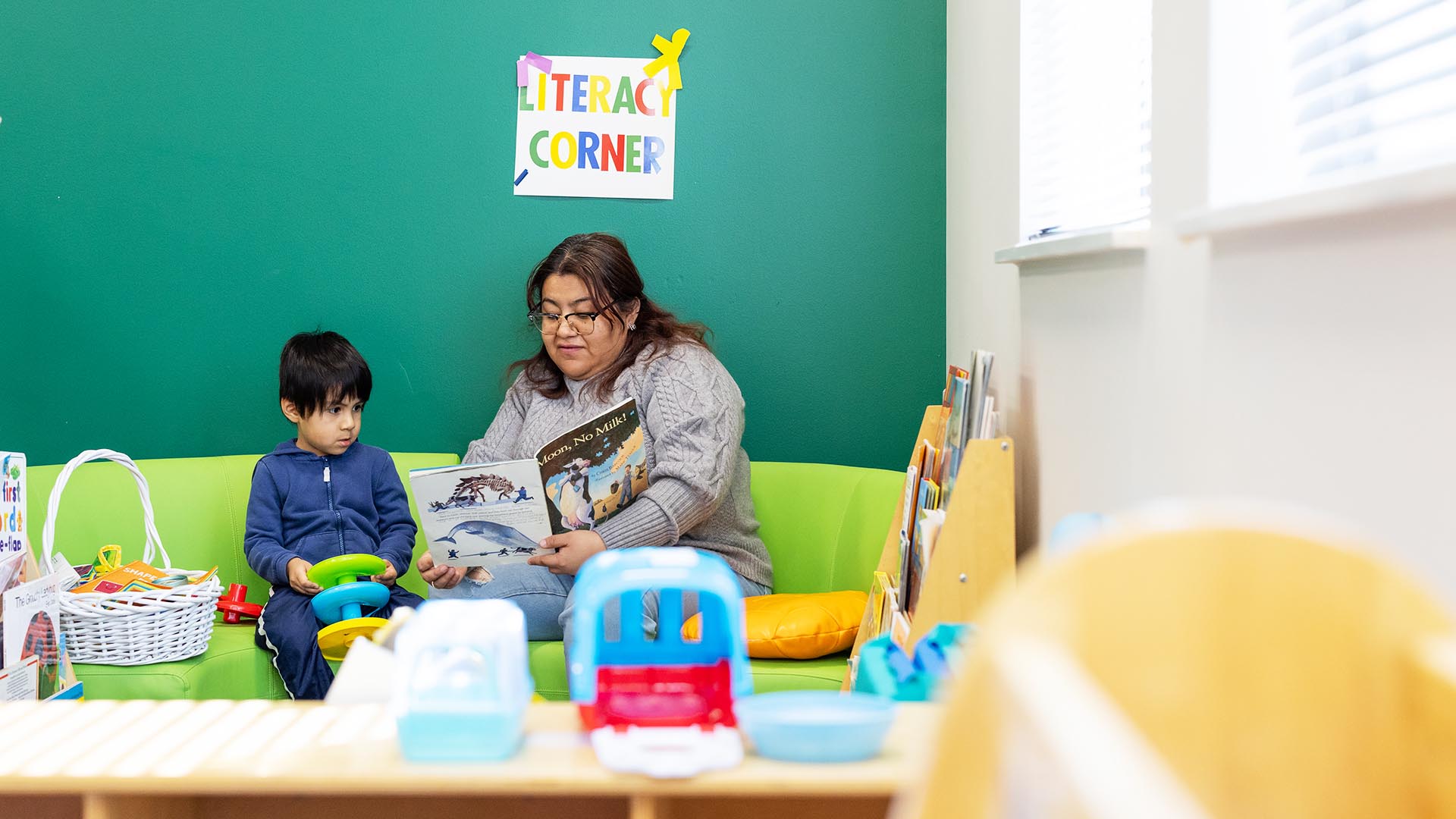
What’s the likelihood a child in Colorado will become a proficient reader in adulthood? For many, the answer is “none.” Despite state laws designed to boost literacy, reading difficulties continue to abound in the state. In 2021 and 2022, the Colorado Department of Education (CDOE) reports over 50,000 students in kindergarten through third grade were identified with a significant reading deficiency — that’s 21.3% of K-3 students statewide.
“Sorely, the number of Colorado students identified with significant reading difficulties is increasing,” said Alfred W. Tatum, Ph.D., professor in Metropolitan State University of Denver’s School of Education.
Those challenges can last a lifetime. According to the CDOE, over 300,000 adults in the state lack a high school credential, with 41% of those lacking formal education beyond ninth grade. And low literacy is associated with such societal maladies as adverse health outcomes and multigenerational poverty.
MSU Denver faculty members are helping educators and officials close the gap, focusing on research and real-world initiatives designed to launch more confident readers and literate adults.
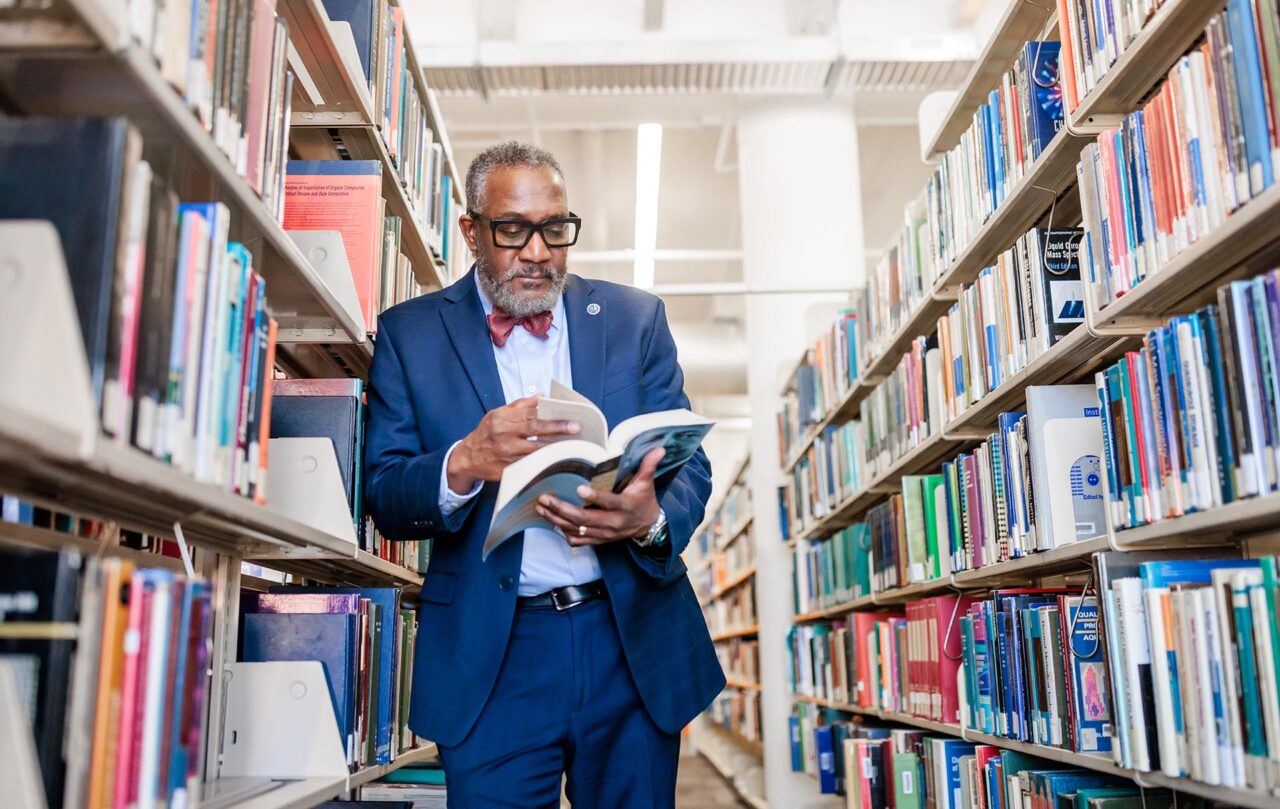
In search of better reading research
Better research may help. Tatum was recently elected president of the Literacy Research Association, a nonprofit professional organization dedicated to advancing literary theory, research and practice.
“The relationships between literacy and life outcomes are complex, warranting the best research the world has to offer to shape positive life-outcome trajectories,” said Tatum.
Over the past 30 years, Tatum has focused his research on literacy development in Black males in grades 3-12. “I am deeply concerned that far too many students, including Black males, are underserved in our nation’s reading and writing classrooms,” he said. As a result, he said, students aren’t getting the knowledge they need to protect themselves, their communities and their nation.
RELATED: Mentorship program places more Black teachers in the classroom
Though the news about literacy rates in Colorado is dire, with 60% of students in fourth and eighth grade not meeting the state’s reading expectations according to data from the National Center for Education Statistics, Tatum sees opportunities to enhance reading-research infrastructure in a bid to shape future policy. “We must do a better job of capturing the state of literacy achievement in Colorado,” he said. “We cannot simply rely on the research of others from outside the state to address the reading challenges we face as a state.”
To that end, Tatum has been contacting other literacy researchers and advocates to discuss the formation of the Colorado Center for Reading Research. He sees a future in which Colorado universities such as MSU Denver work closely with the legislature to develop a blueprint for reading success and expand research in the field.
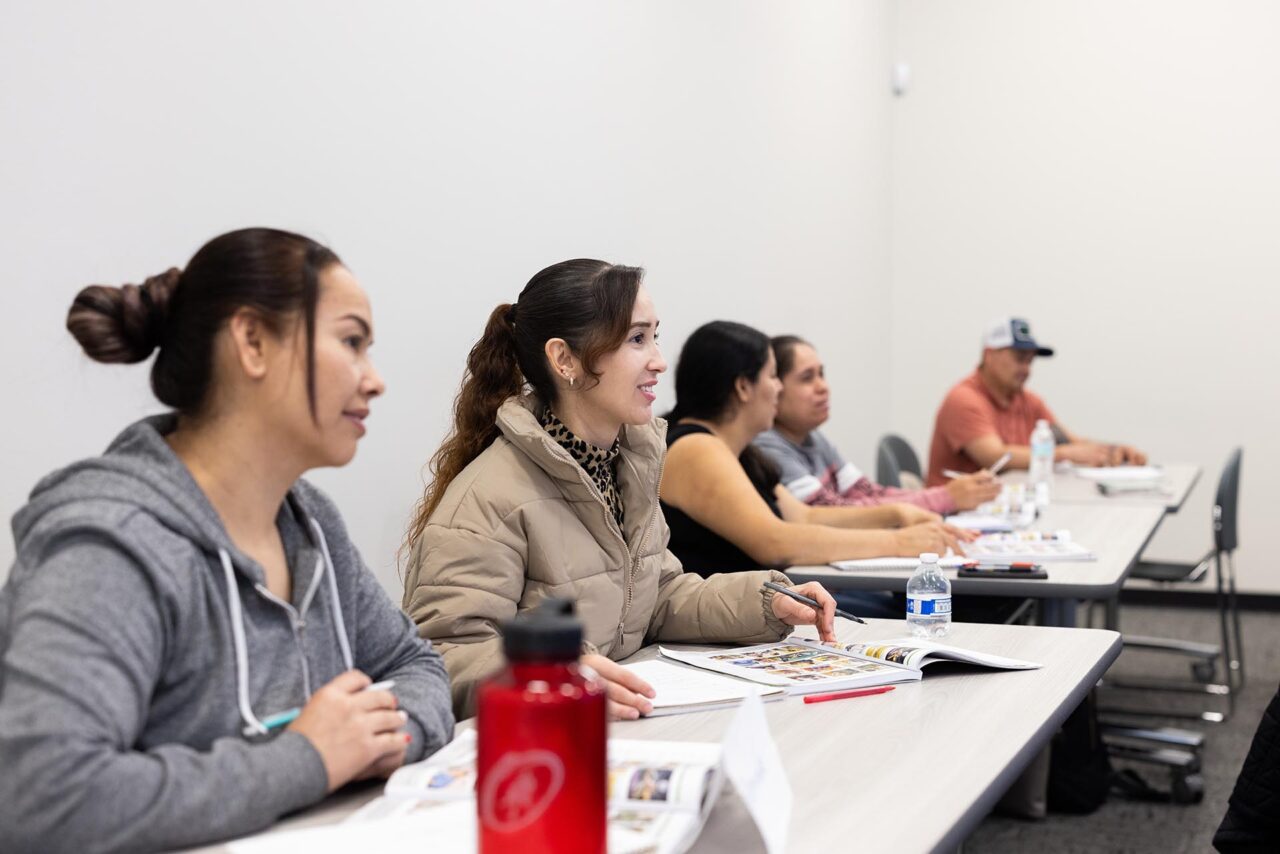
A family affair
Expanded research and policy support on child literacy are only part of the solution, says Adriann Wycoff, Ph.D. , a professor in MSU Denver’s Department of Chicana/o Studies and director of the University’s Family Literacy Program: “If you want to improve outcomes for children, you have to improve outcomes for adults.”
Last year alone, the Family Literacy Program served over 450 Colorado adults and children, combining adult education services with early-learning programs, home visitations and other activities designed to create literacy-rich homes. The program brings together University students, faculty members and local families for a variety of services designed to increase literacy and self-sufficiency on the family level.
This family-systems approach gives parents and caretakers the skills they need to navigate daily life in the face of challenges such as migration, low educational attainment and the state’s high cost of living. It also involves caretakers in child literacy from the very start. In fact, the Family Literacy Program’s Parents as Teachers program even offers prenatal resources to help parents develop parenting skills and increase school readiness for kids while they’re still in utero.
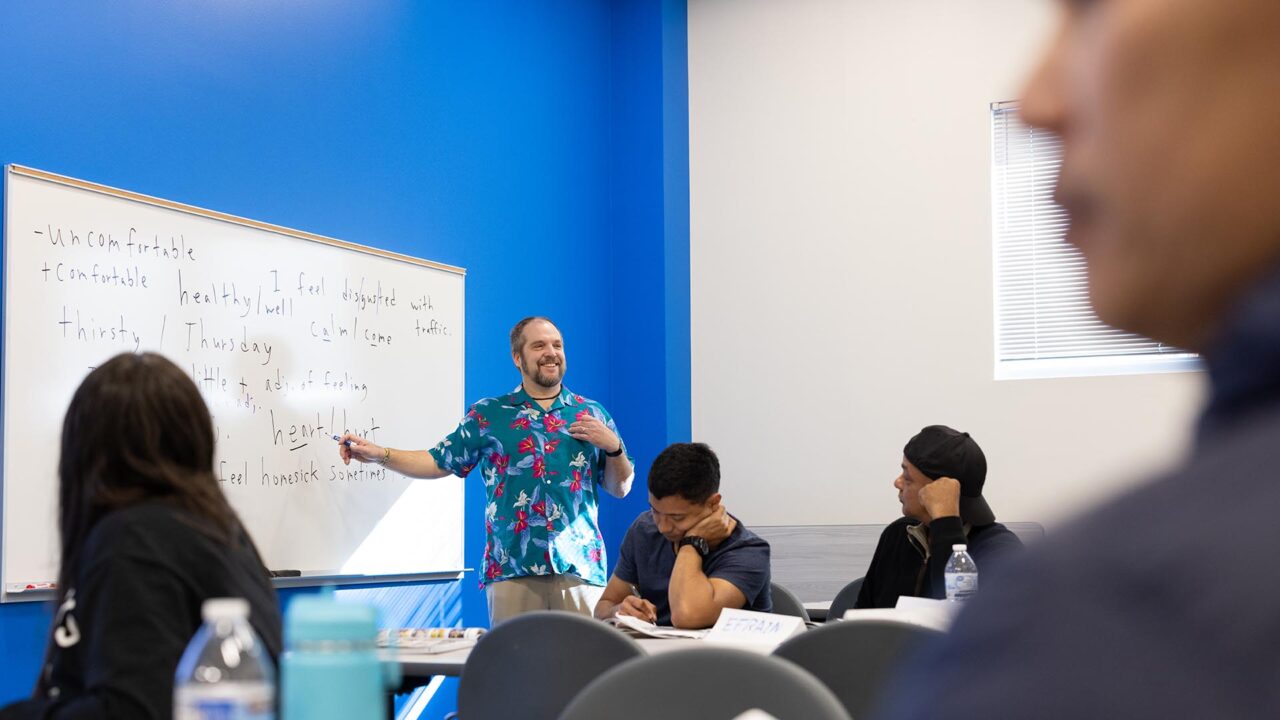
Despite serving thousands of families over nearly 30 years, Wycoff says, the Family Literacy Program is one of MSU Denver’s best-kept secrets. “It’s news to a lot of people,” she said. Wycoff and her colleagues are collecting data on the real-world impacts of the program that ripple among family members and into the futures of children and adults.
RELATED: Forthcoming documentary to celebrate the life of early-childhood advocate Anna Jo Garcia Haynes
The stakes are high, Wycoff and Tatum say, but there’s plenty that educators and legislators can do to help literacy in the state.
“Low levels of literacy can imperil our economy and democracy,” Tatum noted. “It is not just about students’ literacy development; it is about students’ lives. It is this notion that allows me to remain steadfast and to promote research until we get it right for students in Colorado and beyond.”
Wycoff agrees. “I believe that education is going to save the world,” she said. “And literacy is the key to education.”

